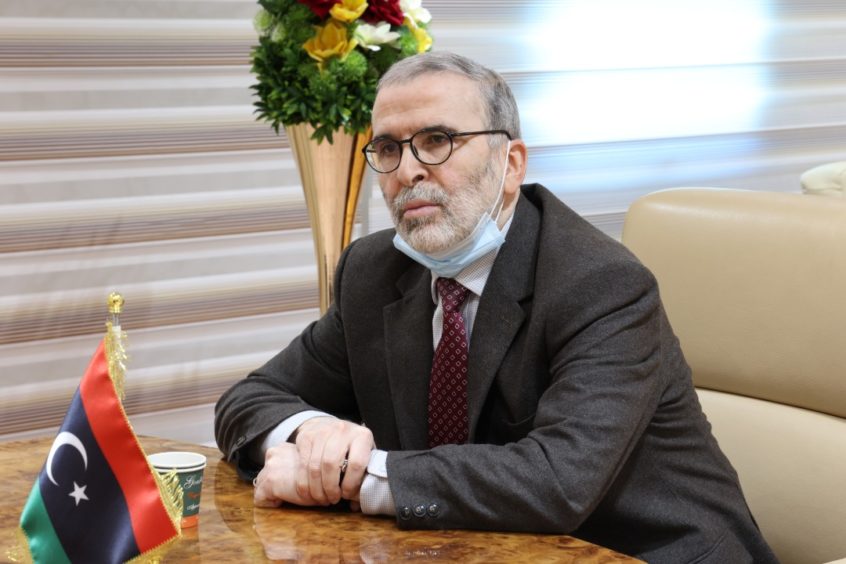
National Oil Corp. (NOC) and KPMG Tunisia have reached a deal on new financial and administration systems.
The Libyan company said it aimed to mechanise its works and introduce digital technology across its operations. NOC will use the new systems for exploration, production, industrialisation, marketing and human resources, NOC chairman Mustafa Sanalla said.
“KPMG has been selected to implement this project … and we hope that the company will be able to achieve the objectives of the NOC in the transformation of all its business digitally within the upcoming two years,” the executive said.
NOC’s board chairman Mohammed Al-Zamuri said KPMG would first analyse and evaluate NOC. This would allow the consultants to determine how best to complete such a project.
UK talks
Sanalla held talks this week with UK Ambassador to Libya Nicholas Hopton and the UK Prime Minister’s Trade Envoy to Libya and Tunisia Damian Moore.
Sanalla discussed the return of UK companies to energy sector work in Libya. The UK is seeking to establish new economic and trade partnerships, Moore said. In addition to oil and technology, Moore and the NOC chairman also raised the prospect of training at UK universities and institutes.
The chairman went on to thank Hopton and the UK for supporting NOC over the last few years. “We appreciate all the steps provided to the NOC and its companies in facilitating visa procedures for oil workers, which will facilitate and pave the way for the NOC to implement its future plans to train and develop oil sector workers,” Sanalla said. He went on to describe NOC workers as the company’s “backbone”.
Hopton also held talks with the Central Bank of Libya’s (CBL) governor Sadiq al-Kabir.
NOC and the CBL have fallen out recently over the reporting of oil revenues. The bank has accused the oil company of major shortfalls. NOC responded with outrage and opted to halt revenue transfers.
The United Nations’ Economic Working Group (EWG) issued a statement in support of NOC’s decision at the start of December. The group called for the CBL to unify exchange rates and address the banking crisis.
In the meantime, the EWG said, it supported NOC’s decision to stop providing oil revenues as “an exceptional and temporary measure until a more durable economic arrangement is negotiated among Libyan parties either on an initial interim basis or in the longer-term context of the Libyan Political Dialogue Forum”.
